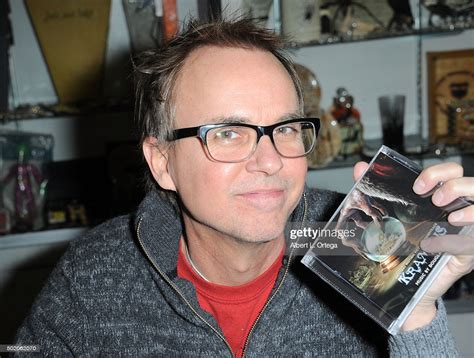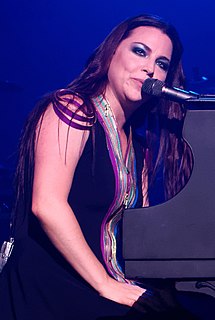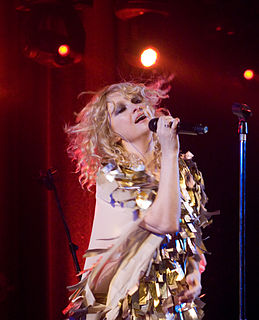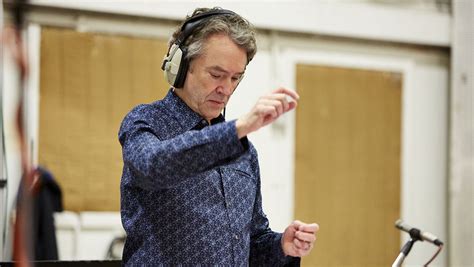A Quote by Zoya Akhtar
When you're scoring music for a film, it has to be interwoven with the narrative, it has to reflect the mood, the ethos.
Related Quotes
I was playing in a band and was approached to score an independent film. I had never done it, but had written instrumental music, so I figured I could do it. Turns out I loved scoring the film, and took on another couple films before realizing that if I was to be an effective narrative composer, I should study the craft of composition. I stopped taking projects and got a degree in orchestral music composition, and followed that with film scoring studies. Near the end of my degree studies, I started taking on student films as a way to get back into film scoring.
That's such a big part of film scoring that people don't realize. There's a portion of film scoring that's writing the music, but a lot of it is how do you get along with the guy you're working with, how do you interpret what he wants? It's so subjective, you know? Your version of sad is probably different than my version of sad. It's my job to figure out what your vision of sad looks like.
There's some ambient music that doesn't do anything. I wouldn't say that that's narrative. It is narrative in that it creates a sort of world where nothing happens, where really nothing happens, so you become a different person after hearing eight minutes of exactly the same thing. Yes, I hear music all the time in which one idea is strung together to another idea, and I feel that such music is non-narrative.
I think music is just a wonderful ingredient that helps us understand a scene better. And certainly you can overuse music, and you can use the wrong music. I probably have been guilty of these things over time. But if you use music correctly as a friend of the theme, a friend of the narrative, ou can lend some terrific connective tissue to a film.
I'm touched by the Beatles. I want some of the music I do to reflect that. Here I am. I love Sly Stone and James Brown and Stevie Wonder, and I want my music to reflect some of that. Here I am. I'm touched by Jon Hendricks. I want some of my music to reflect that. And when I write, you're going to hear it.






































